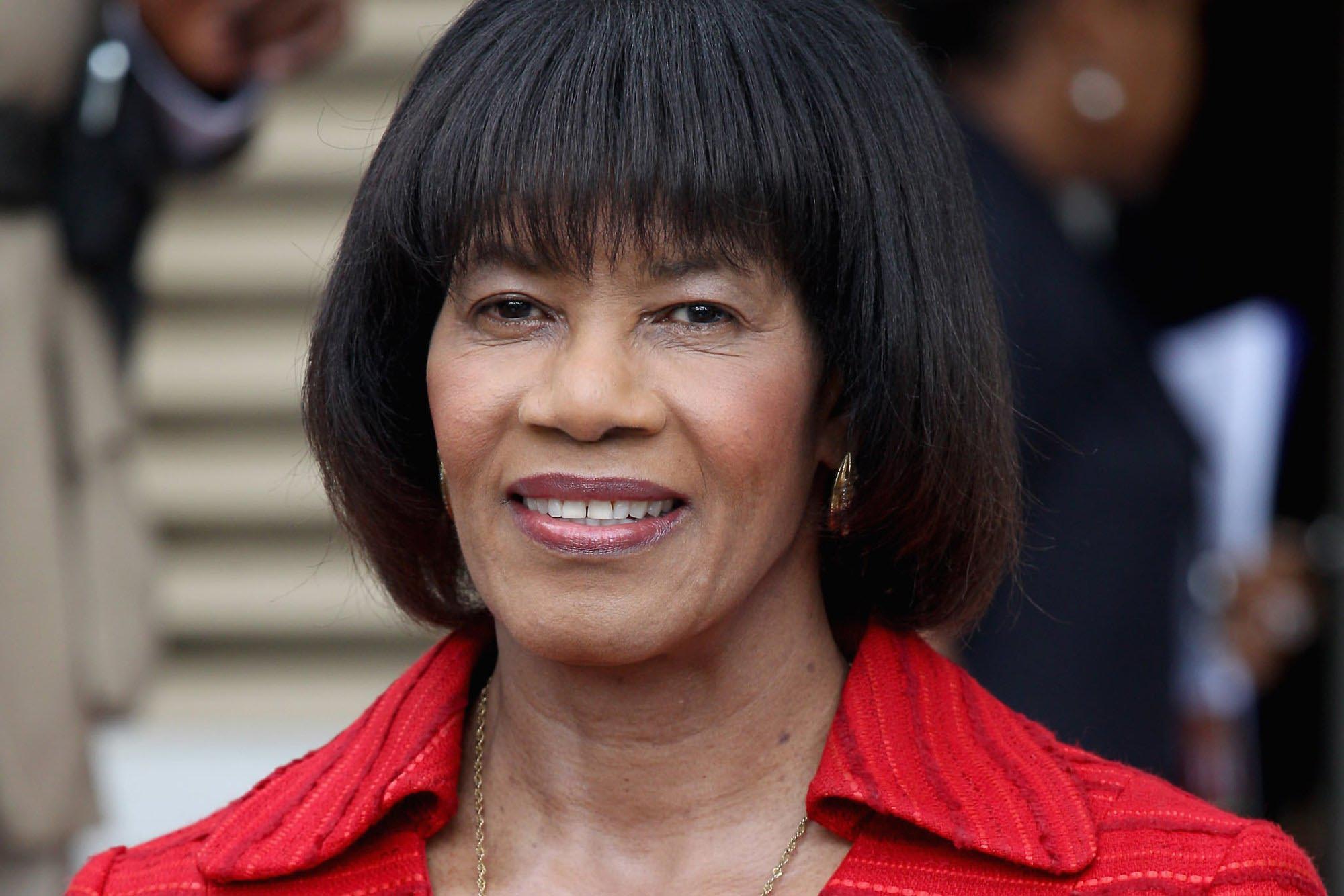
(Jamaican Observer) The Judicial Committee of the Privy Council of the United Kingdom has dismissed the appeal of five members of the National Opposition Party (PNP) in the Trafigura case.
The ruling announced yesterday morning in London means former PNP President Portia Simpson Miller, as well as Phillip Paulwell, Robert Pickersgill, Colin Campbell, and Norton Hinds must testify in open court for a $ 31 million donation by Trafigura Baheer to the governor at the time. PNP in 2006.
The matter was taken to the Privy Council after the Court of Appeal, in 2017, dismissed an appeal against a Supreme Court ruling that all five appellants had to testify in open court over Trafigura’s gift. The money was deposited into an account called CCOC, which became an acronym for ‘Colin Campbell Our Candidate’ to which some PNP members were signatories. The money was transferred to the account just before the PNP’s annual conference that year.
At the time the PNP said the money was a donation, but Trafigura said it was a payment on a commercial transaction. The party later reported that the money had been returned.
The Dutch Government wants to question the five appellants about the payment made to the PNP, the then governing party, while Trafigura had an oil extraction agreement with Jamaica.
The Dutch National Public Prosecutor’s Office (NPPO) is investigating alleged violations of the Dutch Criminal Code by Trafigura Beheer BV for possible bribery of Jamaican public officials. Between December 2007 and May 2009, the NPPO wrote various letters to the Director of Public Prosecutions, the designated Central Authority under the Mutual Assistance (Criminal Matters) Act 1995, requesting assistance in the form of taking evidence from the appellants on oath or confirmation.
But the appellants have insisted that they have no information that can assist the Dutch investigation.
At the 2017 appeal hearing, Assistant Director of Public Prosecution Andrea Martin-Swaby reiterated that the common law rule required that all court proceedings should be conducted in open court, except in certain circumstances, and that open court justice was incorporated in the Constitution of Jamaica. .
However, the five defense lawyers had argued that the judge erred in his ruling. They also argued that the individuals cannot be forced to cooperate in requesting foreign states, that the treaties must be subject to Jamaican laws that they have already stated that they know nothing about alleged bribery in relation to Trafigura, and can no longer help the Dutch authorities.
But the Court of Appeal, in dismissing the appeal, ruled that the case brought under the Mutual Assistance Criminal Affairs Act was subject to the principles of open justice as mentioned in Section 16 (3) of the constitution, and that the judge’s this case should be conducted in open court properly by law.
In his ruling yesterday morning, the Privy Council said: “The nature of the matter under investigation is one that can affect the courtesy of the country. This is very relevant to whether the evidence should be taken in public and was not a matter of considering undue pressure.
“There was no material before the court to conclude that a public hearing could jeopardize the Dutch investigation, or any subsequent investigation or proceedings in Jamaica. In any event, should such an investigation or case occur, that would be a question to be addressed within that case.
“It should also be borne in mind that the appellants were given the opportunity to give their evidence in private but did not avail themselves of that opportunity, leading to the request made in the ninth]supplementary letter. We see no basis for concluding that discretion other than exercise is appropriate. ”